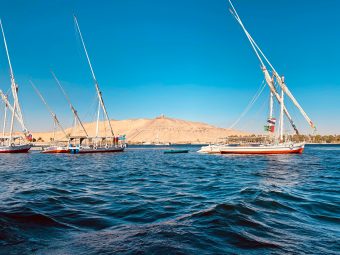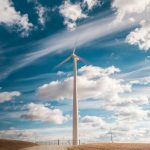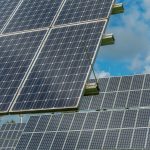
Today in Cairo, on the occasion of the visit of Commission President Ursula von der Leyen and her meeting with Egyptian President El Sisi, the EU and Egypt issued a joint statement on climate, energy and the green transition.
“We are starting to tap into the full potential of EU-Egypt relations, by putting the clean energy transition and the fight against climate change at the heart of our partnership. I look forward to working with Egypt as COP27 Presidency to build on the good momentum from last year in Glasgow. Egypt is also a crucial partner in our efforts to move away from Russian fossil fuels and towards more reliable suppliers”, said president von der Leyen.
The EU and Egypt will join efforts to implement the Paris Agreement and ensure ambitious outcomes at COP27, which takes place in Sharm El-Sheikh in November. The joint statement commits both parties to work together on a global just energy transition, on improving adaptation capacity, mitigating loss and damage due to climate change, and on increasing climate finance to respond to the needs of developing countries.
The cooperation will have a particular focus on renewable energy sources, hydrogen, and energy efficiency. The EU and Egypt will develop a Mediterranean Hydrogen Partnership to promote investments in renewable electricity generation, strengthening and extension of electricity grids, including trans-Mediterranean interconnectors, the production of renewables and low carbon hydrogen, and the construction of storage, transport and distribution infrastructure.
More:
Securing alternative gas supplies for Europe
In light of the new geopolitical and energy market reality after the war in Ukraine and in line with the REPowerEU plan, the EU and Egypt will accelerate and intensify their energy partnership. Security of gas supply is a common concern. Today in Cairo, European Commissioner for Energy Kadri Simson, together with Minister El Molla and Minister Elharrar signed a trilateral Memorandum of Understanding between the EU, Egypt and Israel for the export of natural gas to Europe.
The three parties will work together on the stable delivery of natural gas, in a way that is consistent with long-term decarbonisation objectives and based on market-oriented pricing. Natural gas from Israel, Egypt and other sources in the Eastern Mediterranean region will be shipped to Europe via Egypt’s LNG export infrastructure.
The parties will promote the reduction of methane leakage, and in particular examine new technologies for reducing venting and flaring and explore possibilities for the utilisation of captured methane throughout the entire supply chain. They will also endeavour to ensure that future investments will not cause pollution of the marine or land environment.
Source: European Commission





